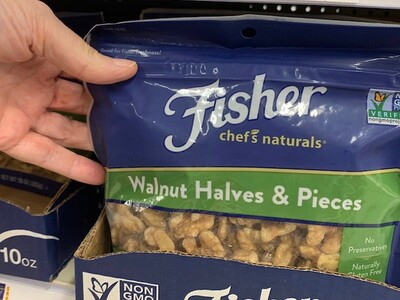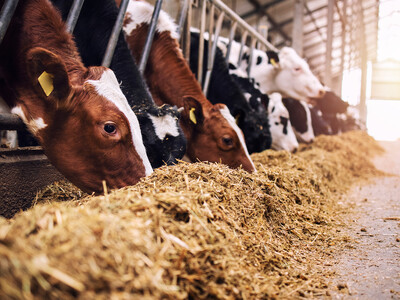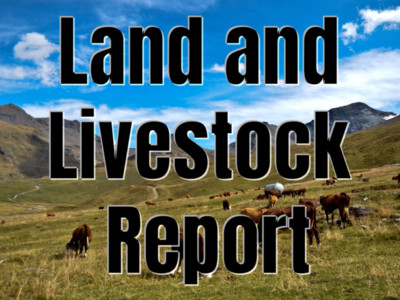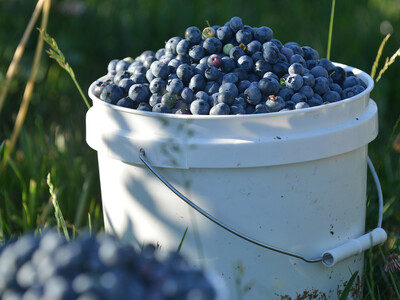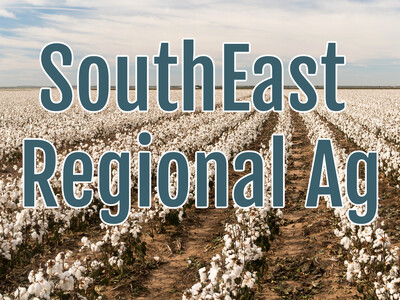Cost of Fires, Specialty Crops & Cherry Season Coming
Cost of Fires, Specialty Crops & Cherry Season Coming plus Food Forethought. I’m Greg Martin with today’s Northwest Report.
$580-million dollars. That what the feds estimate it cost last year to fight wildfires in the U.S. Oregon, Washington, California and Idaho all saw thousands of acres destroyed by fires of which 80% were caused by lightning. Other ares of the country including New Mexico saw their share of destructive wildfires.
Well it’s not quite mid-March and you usually don’t think about cherries at this point but with the mild weather in the major northwest cherry growing regions, BJ Thurlby with NW Cherries says we could conceivably see cherries in the next 90 days.
THURLBY: Of course we’re just estimating but based on the weather pattern we’re seeing now which if you remember last year it was a little bit warmer like this this time of year as well but based on the weather patterns we’re seeing now it appears to me like we’re going to get an early June start which would be, I think, refreshing and good for the market relative to the 4th of July.
Washington Congressman Doc Hastings will continue to serve as Co-Chairman of the House Specialty Crop Caucus with Jim Costa of California. The caucus is intended to help educate and unite Members of Congress to address challenges and promote key policy initiatives that affect fruit and vegetable growers.
Now with today’s Food Forethought, here’s Lacy Gray.
It is a known fact that bees play a vital role in agriculture. What might not be so well known is that Bayer Crop Science has dedicated twenty-five years to ensuring the protection of bees through its Bee Care Program. At this year’s Commodity Classic, Bayer Crop Science unveiled their “We Care for Bee’s Exhibit”, an exhibit to celebrate bees and what they do for all of us. Veldon Sorenson, a researcher that works for Bayer whose hobby just happens to be beekeeping, was on hand at the bee display during Commodity Classic to talk with growers and share with people some perhaps unknown facts about bees, such as the vast number of crops that are actually pollinated by bees, as well as the challenges that are affecting bee health. Sorenson says that Bayer is hoping to open up a better line of communication between growers, beekeepers, and researchers, in order to help farmers have the flexibility they need to care for their crops, while providing protection for beekeepers, so that all can be successful. Farmers and non-farmers alike should be aware that bees are essential for maintaining our planet’s future food supply.
Thanks Lacy. That’s today’s Northwest Report. I’m Greg Martin on the Ag Information Network.








